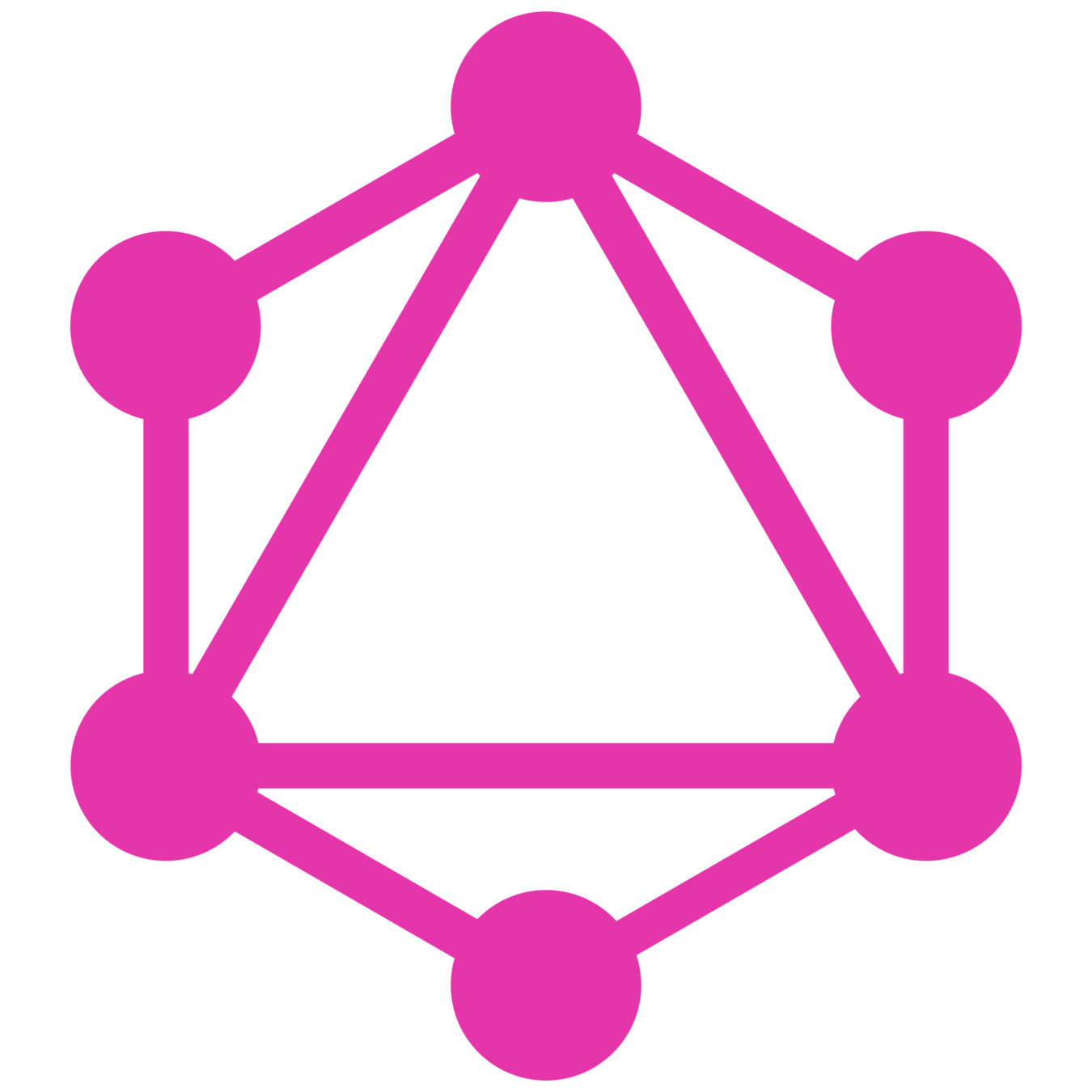GraphQL
on
.NET Core
TheDull


REST


Types
type StarWarsQuery {
hero: Droid
}
type Droid {
id: String!
name: String
}
type Character {
name: String!
appearsIn: [Episode]!
}
type Starship {
id: ID!
name: String!
length(unit: LengthUnit = METER): Float
}Schemas and Queries
schema {
query: Query
mutation: Mutation
}
query {
hero {
name
}
droid(id: "2000") {
name
}
}{
"data": {
"hero": {
"name": "R2-D2"
},
"droid": {
"name": "C-3PO"
}
}
}
PM> Install-Package GraphQL -Version 2.0.0-alpha-868
$ dotnet add package GraphQL --version 2.0.0-alpha-868

PM> Install-Package graphiql
$ dotnet add package graphiql// In Startup.cs
public void Configure(IApplicationBuilder app, ...)
{
...
app.UseGraphiQl();
app.UseMvc();
}


Queries
public class StarWarsQuery : ObjectGraphType
{
public StarWarsQuery()
{
Field<DroidType>(
"hero",
resolve: context => new Droid { Id = "1", Name = "R2-D2" }
);
}
}
public class StarWarsSchema : Schema
{
public StarWarsSchema()
{
Query = new StarWarsQuery();
}
}

Arguments
public class StarWarsQuery : ObjectGraphType
{
public StarWarsQuery(IStarWarsData data)
{
Field<DroidType>(
"droid",
arguments: new QueryArguments(
new QueryArgument<StringGraphType> { Name = "id" }
),
resolve: context =>
{
var id = context.GetArgument<string>("id");
var objectId = contet.Arguments["id"];
return data.GetDroidByIdAsync(id);
}
);
}
}

Variables
var variablesJson = // get from request
// `ToInputs` converts the json to the `Inputs` class
var inputs = variablesJson.ToInputs();
var result = await executer.ExecuteAsync(_ =>
{
_.Inputs = inputs;
});

Mutations (1)
public class StarWarsSchema : Schema
{
public StarWarsSchema(Func<Type, GraphType> resolveType)
: base(resolveType)
{
Query = (StarWarsQuery)resolveType(typeof (StarWarsQuery));
Mutation = (StarWarsMutation)resolveType(typeof (StarWarsMutation));
}
}
public class HumanInputType : InputObjectGraphType
{
public HumanInputType()
{
Name = "HumanInput";
Field<NonNullGraphType<StringGraphType>>("name");
Field<StringGraphType>("homePlanet");
}
}

Mutations (2)
/// <example>
/// This is an example JSON request for a mutation
/// {
/// "query": "mutation ($human:HumanInput!)
/// { createHuman(human: $human) { id name } }",
/// "variables": {
/// "human": {
/// "name": "Boba Fett"
/// }
/// }
/// }
/// </example>
public class StarWarsMutation : ObjectGraphType<object>
{
public StarWarsMutation(StarWarsData data)
{
Field<HumanType>(
"createHuman",
arguments: new QueryArguments(
new QueryArgument<NonNullGraphType<HumanInputType>> {Name = "human"}
),
resolve: context =>
{
var human = context.GetArgument<Human>("human");
return data.AddHuman(human);
});
}
}

Interfaces
interface Character {
id: ID!
name: String!
friends: [Character]
}public class CharacterInterface : InterfaceGraphType<StarWarsCharacter>
{
public CharacterInterface()
{
Name = "Character";
Field(d => d.Id).Description("The id of the character.");
Field(d => d.Name, nullable: true).Description("The name of the character.");
Field<ListGraphType<CharacterInterface>>("friends");
}
}

Interfaces - Implementation
type Droid implements Character {
id: ID!
name: String!
friends: [Character]
primaryFunction: String
}
public class DroidType : ObjectGraphType<Droid>
{
public DroidType(IStarWarsData data)
{
Name = "Droid";
Description = "A mechanical creature in the Star Wars universe.";
Field(d => d.Id).Description("The id of the droid.");
Field(d => d.Name, nullable: true).Description("Name of the droid.");
Field<ListGraphType<CharacterInterface>>(
"friends",
resolve: context => data.GetFriends(context.Source)
);
Field(d => d.PrimaryFunction, nullable: true).Description("Primary function of the droid.");
Interface<CharacterInterface>();
}
}

Unions
public class CatOrDog : UnionGraphType
{
public CatOrDog()
{
Type<Cat>();
Type<Dog>();
}
}

Subscriptions
subscription comments($repoName: String!) {
newComments(repoName: $repoName) {
content
postedBy {
username
}
postedAt
}
}Clients


[ ]
GraphQL + .NET Core
By gabby_tee
GraphQL + .NET Core
- 2,089



